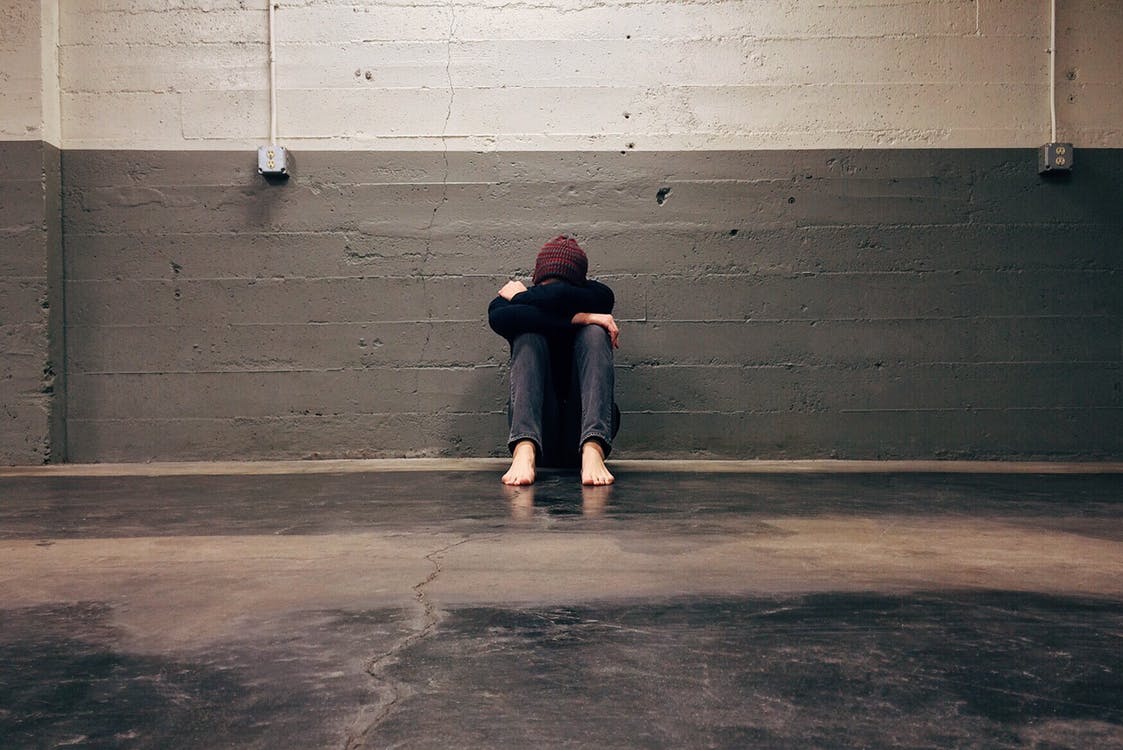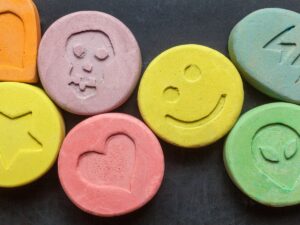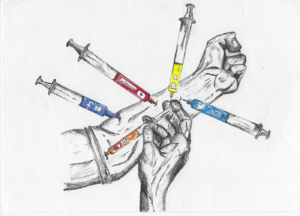Introduction
You hear a lot about detoxification in the media these days. These detoxes usually involve trendy diets with weird names, fasts and supplements, with questionable efficacy.
Dietary fads and new age medicine, claim to have the magic bullet that will revitalize and cleanse the body, but when it comes to substance abuse, people need answers that they know will work. Sometimes their very lives depend on it.
If you like many others are wondering what the difference between full body detoxification and clinical detox, along with what role they play in the recovery process, read on to learn more.
Benefits Of Cleansing or Full Body Detox
In the mainstream sense of the term, full body detoxes are diets that purportedly remove toxins from the body that build up for a variety of reasons. What providers of these full body detox products usually fail to mention, is that the body naturally cleanses itself and can do so quite effectively when it is healthy.
The problem for many chronic long term drug users, is that overtime extensive substance abuse puts the body in a state of poor health and rewires the brain, making it dependent on those substances to function normally. This can have a variety of negative short and long-term effects such as:1
- Fatigue
- Difficulty sleeping or achieving sustained sleep
- Changes is blood pressure and heart rate
- Mouth sores and dental problems
- Depression, anxiety, paranoia, psychosis, and mood swings
- Poor hygiene
- Difficulty breathing
- Cognitive disfunction (motor control problems, slowed reaction time, difficulty concentrating and memory problems)
- Stomach ulcers and other gastro-intestinal problems
- Diseases from sharing needles or other equipment
- Heart disease
- Liver, kidney and lung problems
So, for those looking at quitting drugs and alcohol for the sake of their overall well-being, what is the way forward?
Also Read: How to deal with depression and anxiety
Talk To Your Doctor
Don’t do anything rash, schedule an appointment with your doctor. A medical evaluation and a few tests can point out issues that you may have developed while you have been using drugs and whether medical detox is right for you.
You can also reach out to a trusted detoxification center, schedule an evaluation and get help.
Get Off Drugs and Alcohol
Once you have determined the “how”, the next step is putting that plan into action. Recovery cannot begin if you continue to use, and your health will not improve either.
The most important part of the detox process is allowing the body to cleanse itself without any unnecessary aggravation.
Healthy Diet and Exercise
During periods of substance abuse, proper diet and exercise are often critically overlooked. In one review that looked at the past data of drug user’s dietary habits, it was found that high intake of sugars; low consumption of fruits and vegetables; low essential vitamins (A, D, C, and E); low protein levels; low total cholesterol and overall malnutrition were prevalent.2
Proper nutrition and exercise are key to addiction and substance abuse recovery, also making detox safer and prevent further damage.
Warnings
People beginning the journey of recovery experience multiple hurdles before they can move on to the next phase of treatment. The first of which, is deciding what kind of detox treatment program is right for them.
For those that may be trying to get sober for the time, people tend to have an idealistic vision of detoxing at home and seek to remain in their comfort zone, go at their own pace, saving money. On the other hand, home detoxes are highly ineffective and the risks are considerable.
Commonly abused drugs like alcohol and opioids come with a high risk of dependency; stopping their use “cold turkey “can be physically stressful on the body–sometimes severely so.
These symptoms can emerge seemingly without warning. When these flare ups occur, a medical intervention may be necessary. Seeing the signs without medical training, however, can be tough and failing to intervene could result in permeant damage or even death.
Clinical Detoxification and Benefits
Treatment Planning
Before care can begin, all incoming patients undergo an examination to determine what their needs in detox will be. To do this, detox centers do health screenings and interview you about your history with drugs and alcohol before devising a treatment plan.3
Relapse Prevention
The secure and supervised environment of a detoxification center effectively works to prevent relapse from occurring, allowing clients to focus on getting well.
Medical Care
Non-stop medical supervision not only ensures sobriety during detox, but also allows doctors and treatment staff to monitor patient condition. With their expertise, any health complications that occur can be dealt with before they become an issue.
Medication Assisted Detox (MATS)
Those undergoing detoxification for alcohol and opioid abuse can often benefit from medically assisted detox programs.
Drugs like methadone and buprenorphine, for example, that have shown to be safer for tapering than the drugs they replace.4
For those in alcohol detox, their program might prescribe a benzodiazepine like Diazepam or an anti-convulsant to alleviate withdrawal symptoms and prevent seizures from occurring.4
In other cases, patients may be given essential vitamins to supplement deficiencies and promote immune system health such as folic acid, b-vitamins, potassium, electrolytes and others.5
Stabilization and Aftercare Planning
The primary goal of a drug detoxification program is stabilization. For most people going through drug and alcohol withdrawals, this occurs somewhere between 3-7 days.
Once a person’s symptoms are manageable, the conversation becomes what happens next. Aftercare assistance is a service provided that connects clients with inpatient drug rehab programs for the next stage of recovery.
Get Help at All American Detox Center
Are you or a loved one struggle with substance abuse? At All American Detox Center, we understand the difficulties involved early recovery we and are here to help. To learn more about our accredited detox and rehabilitation programs, call us at (844) 570 -1301.
Conclusion
Many of the objectives of full body detox and clinical drug detox are the same. Both promote healthy diet, nutritional balance and emphasize the need to help the body as it cleanses itself from toxins. Despite this, detox diets and fasts should only be done when approved by a licensed physician.
For long-time users of drugs and alcohol, however medical detox programs are a critical juncture of early recovery whose goals range from cleansing the body of harmful substances to helping their clients taper off the drugs and alcohol with the use of medications.
Whatever method is chosen, the primary mission of a clinical detox program is to get you on the path to lifelong sobriety in a safe and effective manner.
Citations
Mayo Foundation for Medical Education and Research. (2017, October 26). Drug addiction (substance use disorder). Mayo Clinic. Retrieved August 18, 2022, from https://www.mayoclinic.org/diseases-conditions/drug-addiction/symptoms-causes/syc-20365112
Mahboub, N., Rizk, R., Karavetian, M., & de Vries, N. (2021). Nutritional status and eating habits of people who use drugs and/or are undergoing treatment for recovery: a narrative review. Nutrition reviews, 79(6), 627–635. https://doi.org/10.1093/nutrit/nuaa095
Moore, W. (n.d.). Alcohol Detox and rehab programs: What to expect and how to choose. WebMD. Retrieved August 18, 2022, from https://www.webmd.com/mental-health/addiction/alcohol-detox-programs#2
Diaper, A. M., Law, F. D., & Melichar, J. K. (2014). Pharmacological strategies for detoxification. British journal of clinical pharmacology, 77(2), 302–314. https://doi.org/10.1111/bcp.12245
U.S. National Library of Medicine. (n.d.). Substance use recovery and Diet: Medlineplus medical encyclopedia. MedlinePlus. Retrieved August 18, 2022, from https://medlineplus.gov/ency/article/002149.htm






